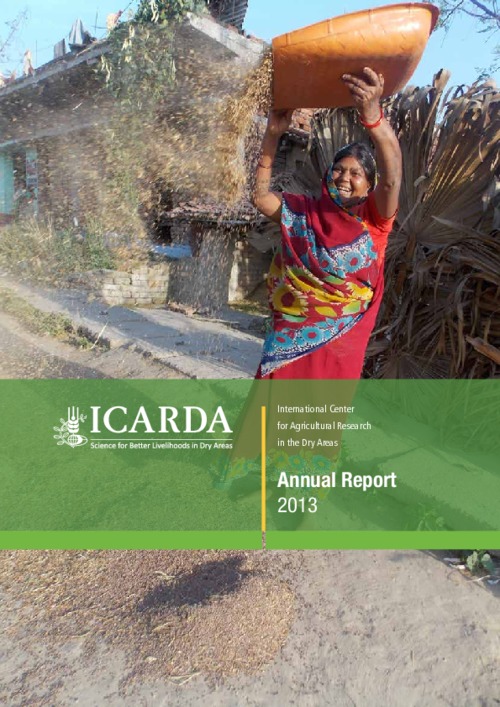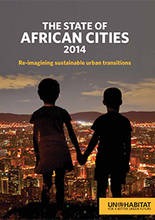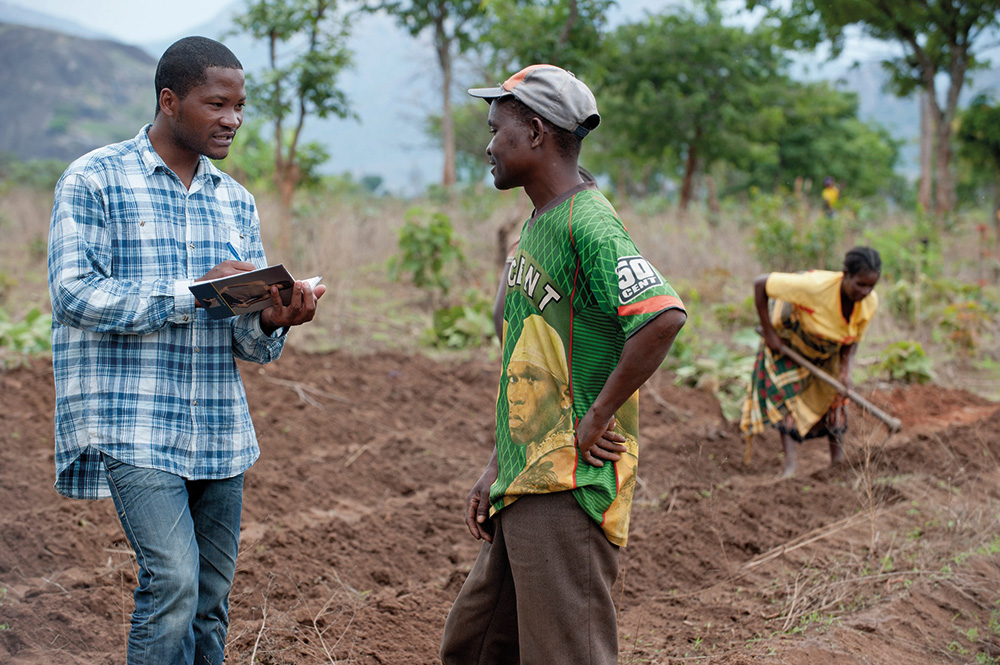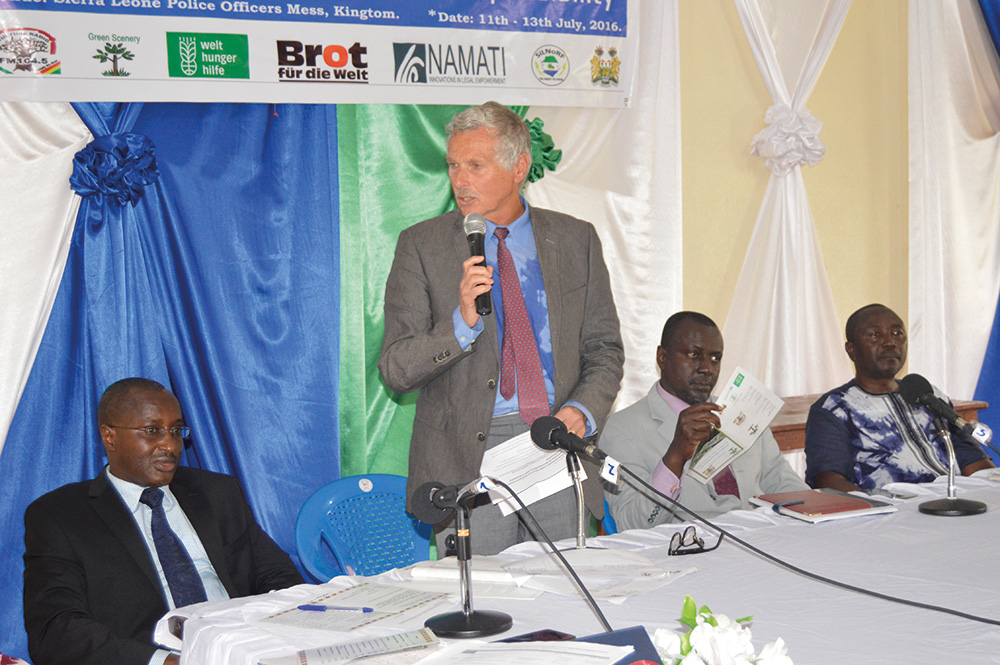Agricultural sector performance in Malawi
This paper charts the performance of the agriculture sector in Malawi for the period 2000 – 2013 (with particular attention paid to the last three to four years of the said period). In the quest to attain this aim the paper empirically focuses on the significance of mapping the performance of the sector in the form of trends against the baseline sectoral performance targets enlisted in the ASWAP, CAADP Framework and SADC RISDP.










